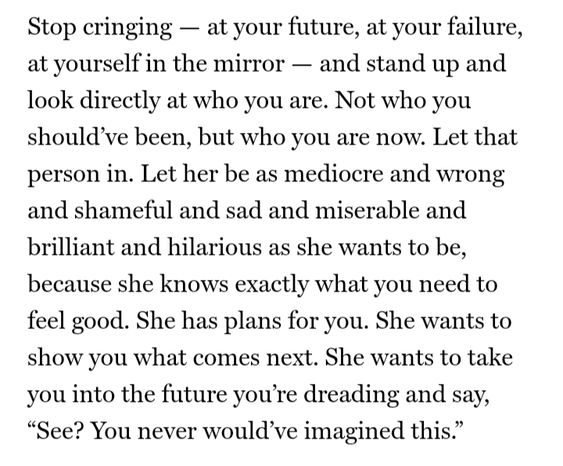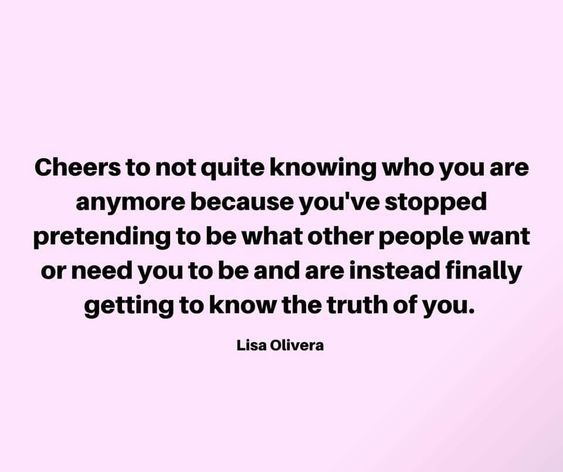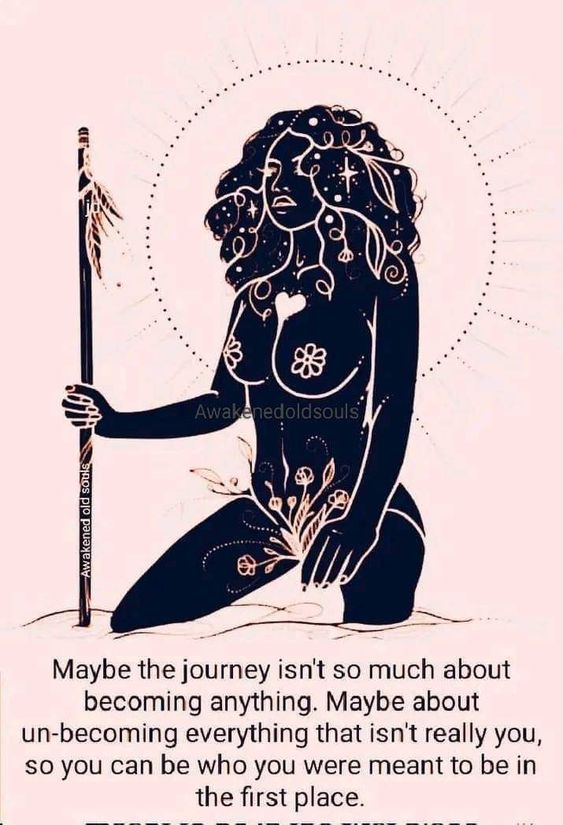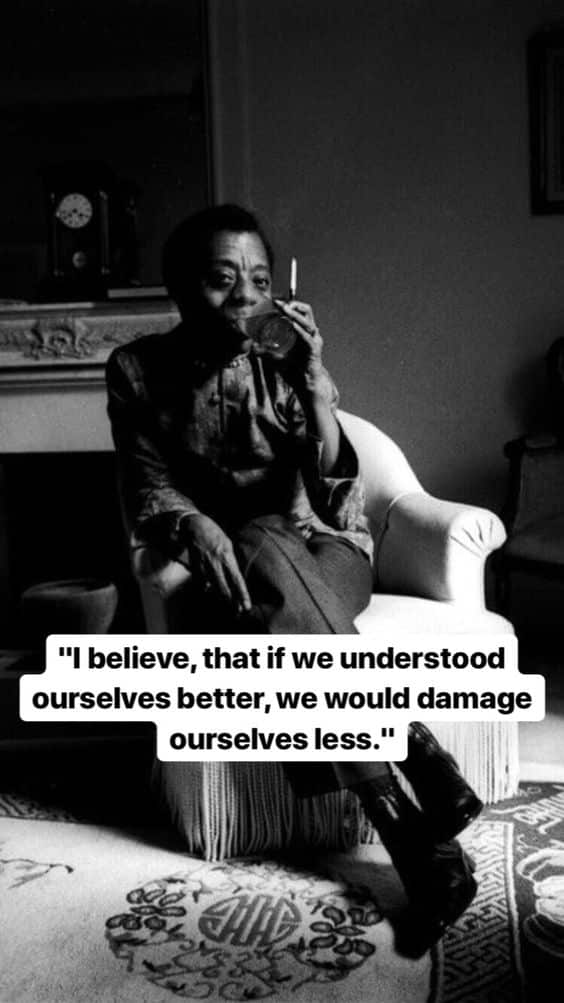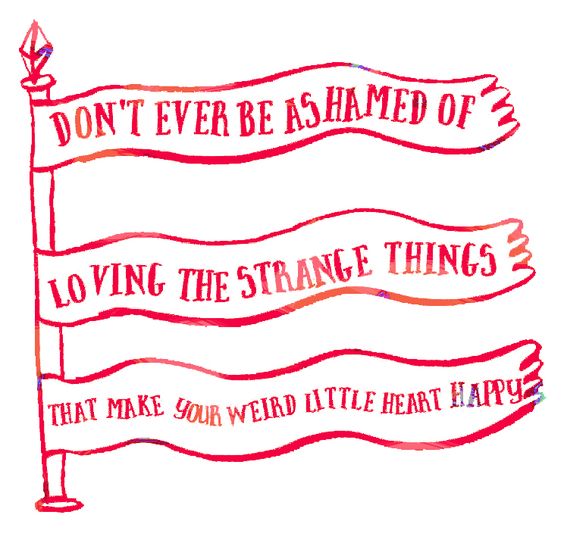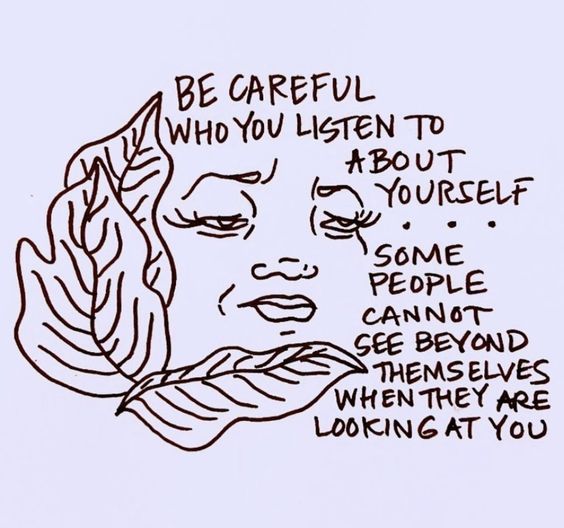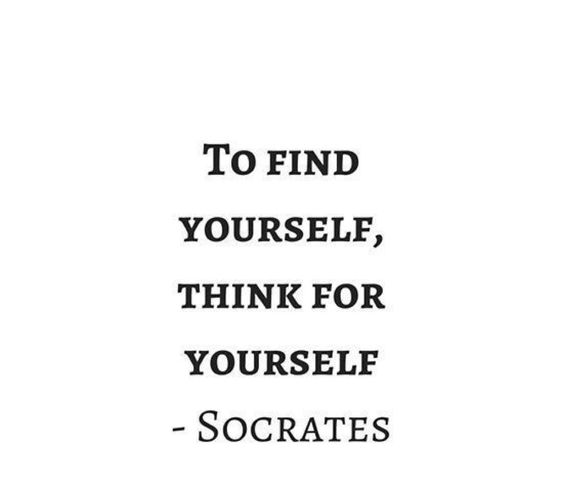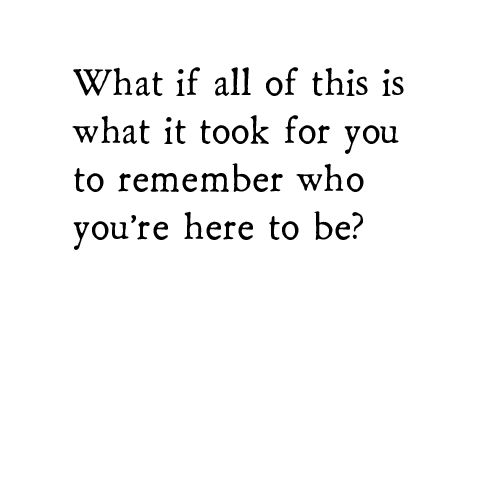“A monk is a traveler, but the journey is inward, bringing us ever closer to our most authentic, confident, powerful self. There is no need to embark on an actual Year-in Provence-type quest to find your passion and purpose, as if it’s a treasure buried in some distant land, waiting to be discovered. Your dharma is already with you. It’s always been with you. It’s woven into your being. If we keep our minds open ad curious, our dharmas announce themselves.”
Jay Shetty, Think Like A Monk (Page 98)
“You can’t be anything you want. But you can be everything you are.”
Jay Shetty, Think Like A Monk (Page 98)
“When we tune out the opinions, expectations, and obligations of the world around us, we begin to hear ourselves. In that silence, I recognize the difference between outside noise and my own voice. I could clear away the dust of others to see my core beliefs.”
Jay Shetty, Think Like A Monk (Page 11)
“Animals are not neurotic because they don’t have any ideals. Trees are not neurotic because they don’t have any ideals. They are not trying to become somebody else. They are simply enjoying whatever they are. You are you. But somewhere deep down you want to become a Buddha or a Jesus, and then you go around in a circle that will be unending. Just see the point of it—you are you. And the whole, or existence, wants you to be you. That’s why existence has created you, otherwise it would have created a different model. It wanted you to be here at this moment. It did not want Jesus to be here in place of you. And existence knows better. The whole always knows better than the part.”
Osho, Everyday Osho (Page 44)
“The ‘night sea journey’ is the journey into the parts of ourselves that are split off, disavowed, unknown, unwanted, cast out, and exiled to the various subterranean worlds of consciousness… The goal of this journey is to reunite us with ourselves. Such a homecoming can be surprisingly painful, even brutal. In order to undertake it, we must first agree to exile nothing.”
Stephen Cope, via The Body Keeps The Score (Page 125)
“None of us is just one thing. We are not monodimensional creatures; we are rich combinations of the infinitely varied archetypes. Each of us is part heroine or hero and part coward, part parent and part child, part saint and part thief. It is in learning to identify these great archetypal motifs within ourselves, learning to honor each one as a legitimate human trait, learning to live out the energy of each in a constructive way, that we make inner work a great odyssey of the spirit.”
Robert A. Johnson, Inner Work (Page 34)
“It is in [the] exchange between the ego and the various characters who rise up from the unconscious and appear in my imagination that I begin to bind the fragmented pieces of myself into a unity. I begin to know, and learn from, the parts of myself I had never known before.”
Robert A. Johnson, Inner Work (Page 26)
“Just as a burning fire inherently exudes heat, the unconscious inherently generates symbols. It is simply the nature of the unconscious to do so. As we learn to read those symbols we gain the ability to perceive the workings of the unconscious within us. This ability to produce symbols affects more than just our dreams: All of human life is nourished by the flow of symbolic imagery from the wellsprings of the unconscious.”
Robert A. Johnson, Inner Work (Page 20)
“It isn’t necessary to struggle to be like someone else, for by being one’s own self one stands on the surest ground. We realize that to know ourselves completely and to develop all the strengths that are built into us is a lifetime task. We don’t need to make an imitation of someone else’s life. There is no further need for pretensions, for what is already ours is riches enough, and far more than we ever expected.”
Robert A. Johnson, Inner Work (Page 12)
“The unconscious manifests itself through a language of symbols. It is not only in our involuntary or compulsive behavior that we can see the unconscious. It has two natural pathways for bridging the gap and speaking to the conscious mind: One is by dreams; the other is through the imagination. Both of these are highly refined channels of communication that the psyche has developed so that the unconscious and conscious levels may speak to one another and work together.”
Robert A. Johnson, Inner Work (Page 4)
